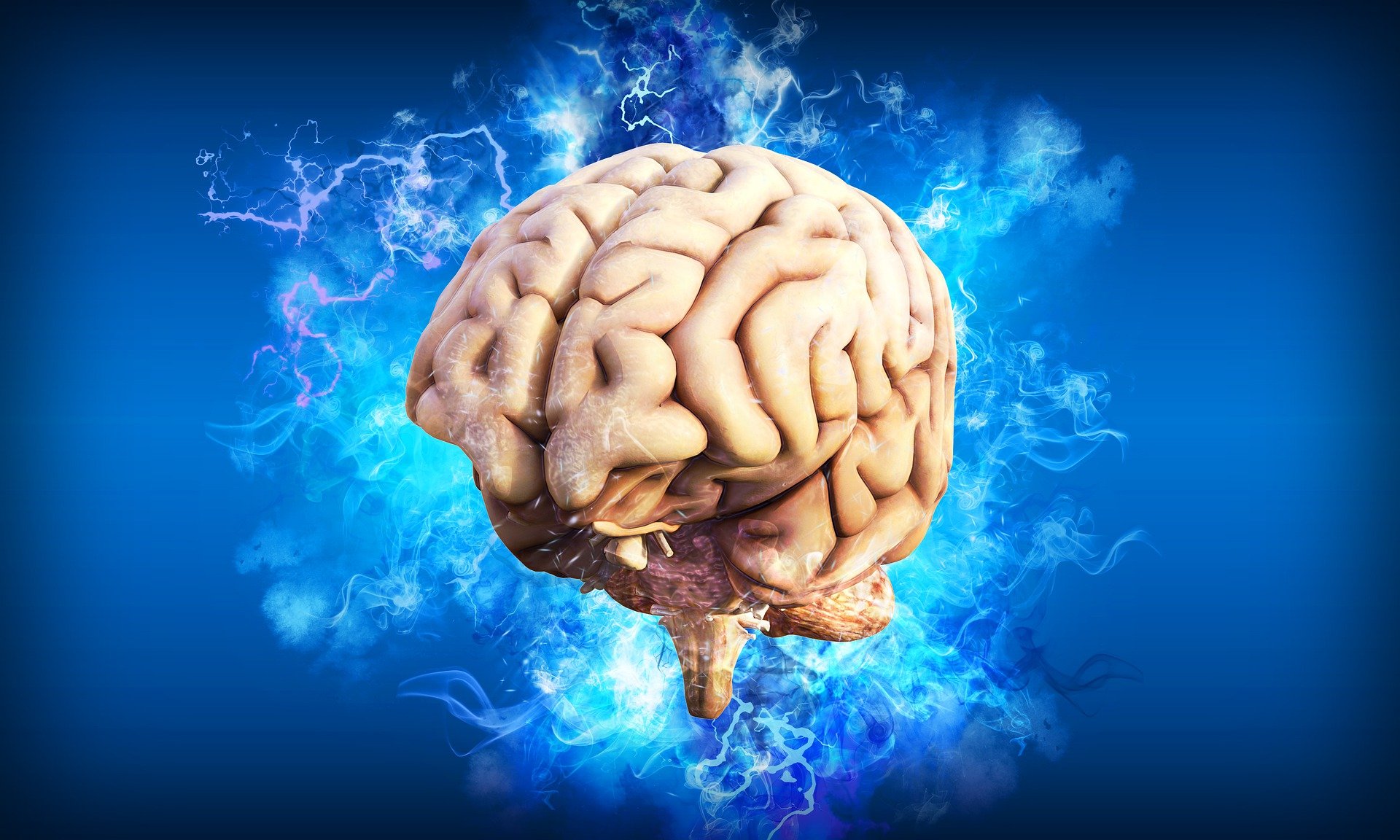
You don’t die of a broken heart. Almost every teenager has heard that from his parents at his first heartbreak. Even if this is certainly true in this case, a person can die from a broken heart – when the heart suddenly goes crazy. Swiss researchers have now examined the “Broken Heart Syndrome” more closely and have come to surprising conclusions.
Takotsubo syndrome, as the “broken heart syndrome” is called in medicine, is a disease that is still largely unexplored and has now been dedicated to by a group of cardiologists from the University Hospital of Zurich (USZ) headed by Prof. Dr. Dr. Christian Templin and neuroscientists from the University of Zurich. In their research, the scientists have for the first time provided evidence that functional changes in the brain of Takotsubo patients occur in connection with this disease.
The symptoms of Takotsubo syndrome (TTS) – named after a clay jug in which the Japanese traditionally catch squid – are similar to those of a heart attack: sudden chest pain, shortness of breath, irregular heartbeat. A severe drop in blood pressure can lead to fainting fits and even heart failure and death. In contrast to a heart attack, TTS does not block a blood vessel, but acutely disrupts the pumping function of the heart. The left ventricle has changed its shape and appears constricted and bulged at the neck like a clay jug. As a result, the heart beats less strongly at this point.
The trigger for TTS is stress, for example the loss of a loved one, bullying at work, or extremely joyful events causing a massive release of stress hormones into the blood, which then over-excite the heart wall. Researchers have also concluded in recent years that physical stress such as surgery, asthma attacks, cancer treatment and falling can trigger TTS.

Indications of the relationship between brain and heart
Until a few years ago, doctors assumed that TTS was limited to the heart. Since a study was conducted in 2015, however, there has been a theory that neurological and psychiatric diseases are very likely to play a role in TTS. The scientists concluded that there might be a connection between the heart and the brain.
Researchers from the cardiology department of the USZ and the Neuropsychological Institute of the University of Zurich have now examined the brain areas of TTS patients using state-of-the-art functional magnetic resonance imaging and compared them with healthy volunteers. They found that the activity between the brain regions responsible for processing emotional processes was reduced in TTS patients.
Particularly the amygdala, the hippocampus and the gyrus cinguli were investigated. These three regions are responsible for emotion control and motivation, learning and memory. Amygdala and gyrus cinguli also have an influence on the control of the autonomic nervous system and the regulation of cardiac function. The gyrus cinguli is also involved in depression and mood swings.
“In addition, the default mode network of the brain (resting state network), which is active during rest or inactivity (e.g. when the eyes are closed or during daydreaming), and the limibian system (the centre of processing emotions) in Takotsubo patients showed reduced functional rest,” the study published in the European Heart Journal states.
“We were able to show in our study that functional changes in the brain of patients with Takotsubo syndrome actually occur and that brain-heart association in TTS must be assumed,” said Prof. Christian Templin, one of the study directors and initiator of the world’s largest international Takotsubo register, summarising the findings of the study. “This is an important finding on which we can build. Now further steps are necessary to learn more about the connections.”
Templin stresses that interdisciplinary cooperation between cardiologists and neuroscientists is therefore absolutely essential for future studies. “Neurocardiology” is a very important field in medicine that requires much more attention in order to understand the complex interaction between brain and heart. Until now, almost all cardiologists had dealt with the disease and only investigated the effects of the disease on the heart.
This might also be interesting to you:
neolexon – Munich startup helps stroke patients learn to talk
Deep view into the subcortical brain only with surface EEG
Treatment of epilepsy by non-invasive electrodes
Study proves: Lifestyle leaves traces in the brain
Hope for patients: RESTORE – heal instead of treat
This is how dangerous even slight shaking of the head can be
LMU study: Defective immune cells in the brain trigger Alzheimer’s disease







